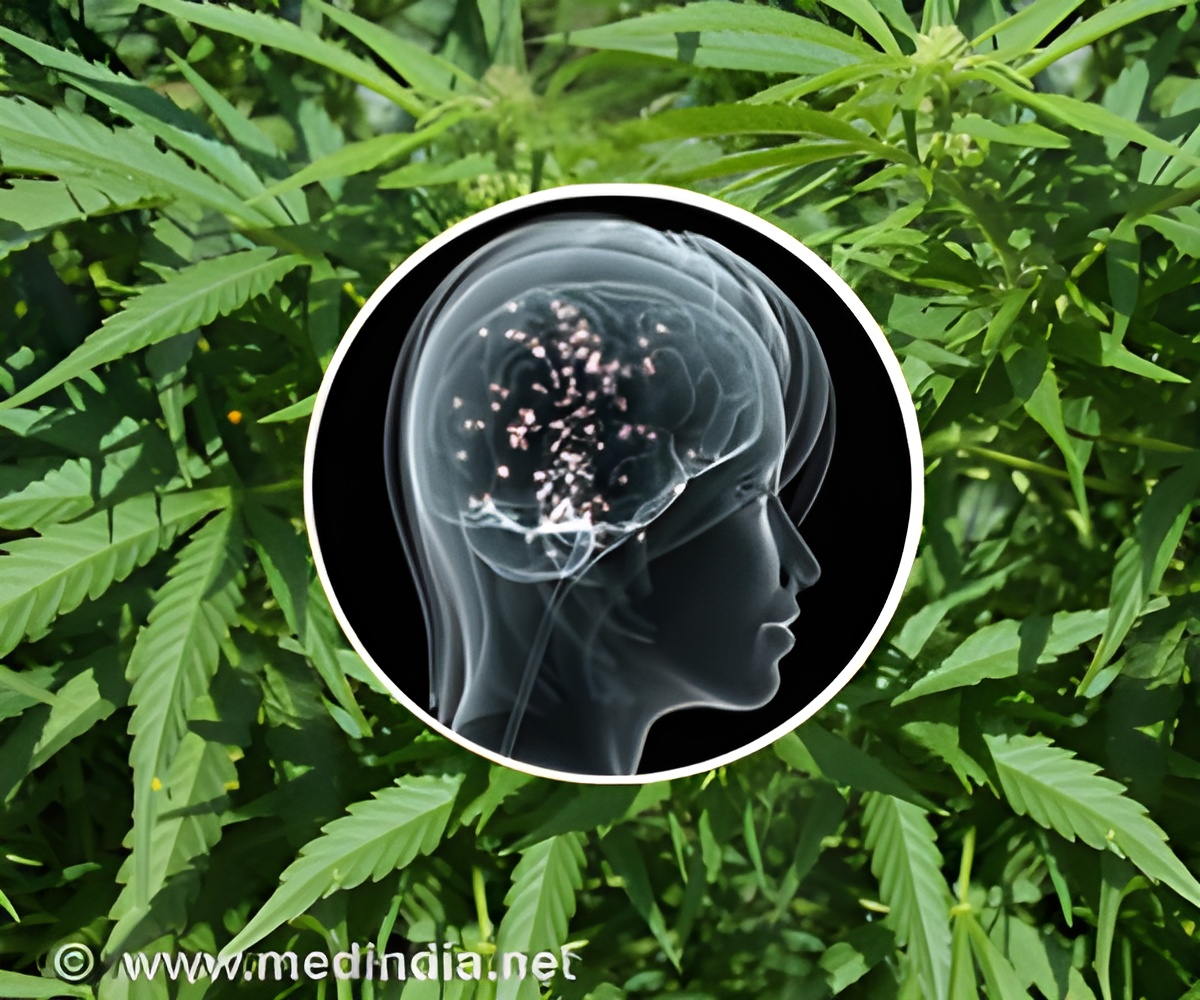A recent study revealed that taking cannabis-based medication does help to bear the intensity of pain.

Long-term pain, which is capable of occurring without a clear cause, is a complex healthcare problem and various types of methods are required to manage it. They include medications, physical therapy or physiotherapy, and psychological support. Cannabis or cannabis-based medications are very useful for some people in managing pain, especially when all other medications have failed.
The study by Lee and his group was carried out to understand how cannabis brings about pain relief. The small study was carried out in controlled settings involving 12 healthy men. For the study, the researchers used only one of many derivative compounds of cannabis -- THC or delta-9-tetrahydrocannabinol, which is the active psychotropic compound providing the “high”! Each of the twelve volunteers was administered either a 15 mg tablet of THC or a placebo.
To induce pain, the volunteers were required to rub either a cream containing 1% capsaicin or a dummy cream onto the skin of one leg. The former caused burning and a painful sensation, while the dummy cream was used for comparison purpose.
Each subject had four MRI tests to cover each combination of THC or placebo, and pain-inducing cream or dummy cream, and was asked to report the degree of discomfort or pain they were experiencing.
The participants were asked to report the intensity and unpleasantness of the pain and to the extent to which it bothered them. It was found that those who had taken THC reported that the pain bothered them less although they didn’t report any change in the pain levels.
This study was different, in that it dealt with healthy subjects and not patients, but it remains to be seen how the findings of the study impacts cannabis –based pain relief therapy. More research is required to evaluate the clinical outcomes and to understand the quality of life of patients with chronic pain.
Source-Medindia















